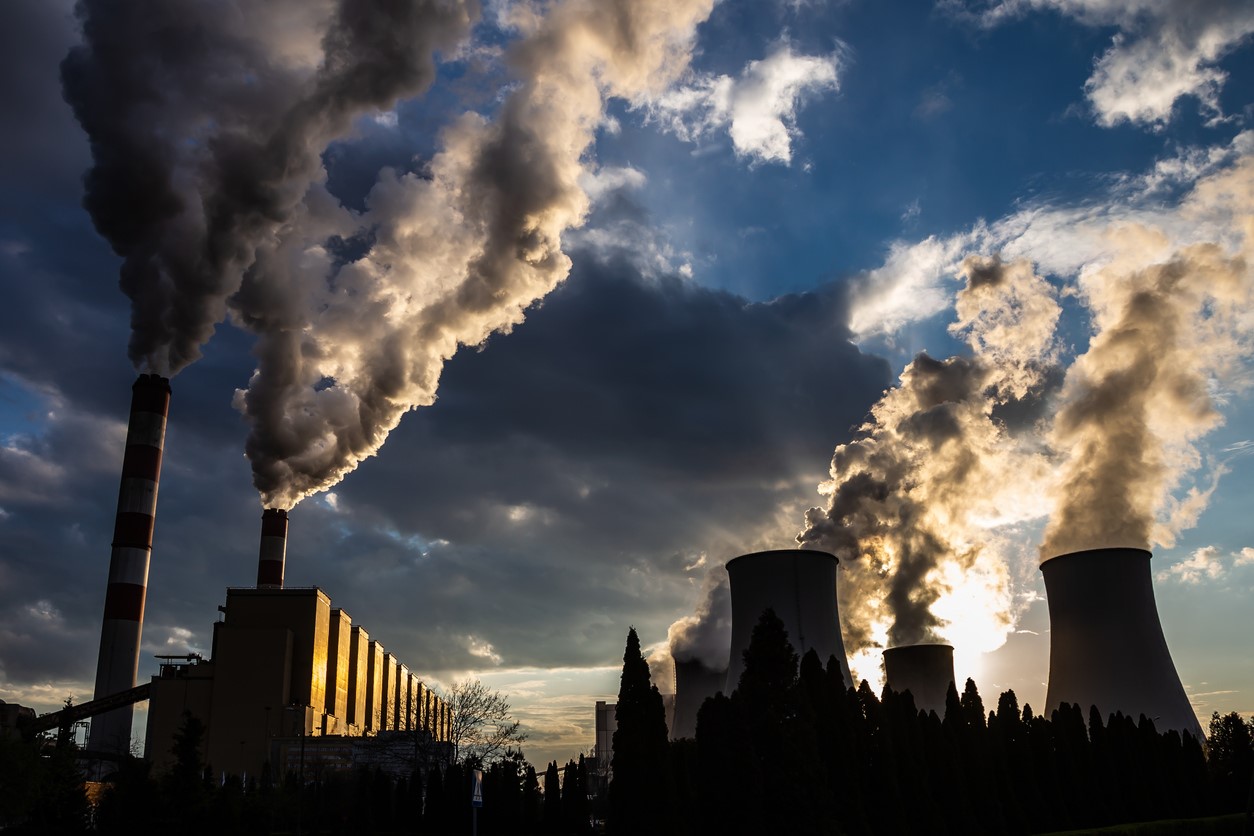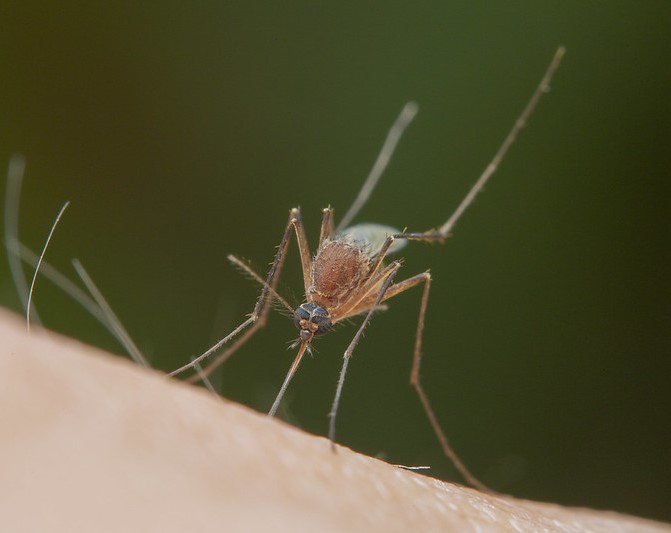 Adult COVID-19 patients exposed to air pollution spent an average of 4 extra days in the hospital, further overwhelming health systems, concludes a Belgian study published yesterday in the European Respiratory Journal.
Adult COVID-19 patients exposed to air pollution spent an average of 4 extra days in the hospital, further overwhelming health systems, concludes a Belgian study published yesterday in the European Respiratory Journal.
For the study, experts collected blood and urine from 328 unvaccinated COVID-19 patients admitted to one of two hospitals in Belgium from May 2020 to March 2021, 29% of whom required intensive care. The team modeled daily exposures to particulate matter (PM), nitrogen dioxide (NO2), and black carbon (BC) from 2016 to 2019 and measured BC particles in the blood using pulsed laser illumination.
Patients diagnosed as having COVID-19 from May 2020 to mid-February 2021 were infected with the wild-type virus, while most patients recruited from mid-February 2021 to March 2021 were infected with the Alpha variant. Average age was 65.7 years, and 43.6% were women.
Pollution equivalent to being 10 years older
All levels of exposure were below the European Union pollution threshold. The average hospital length of stay was 16.9 days. An interquartile range (IQR) increase in exposure in the week before hospitalization was tied to a roughly 4-day longer stay (4.2 days for PM and 4.3 days for NO2. Comparable findings were seen for long-term NO2 and BC exposure.
The effects of pollution on hospital length of stay were equivalent to the effect of a 10-year increase in age, and an IQR rise in blood BC concentrations increased the likelihood of requiring intensive care by 36%.
People who were exposed to air pollution, even at relatively low levels, were sicker and needed more time in hospital to recover.
Each 10-year increase in age correlated with an extra 2.4 days of hospitalization, and men were hospitalized for an average of 4.0 days longer than women. Conversely, reducing pollution exposure was an estimated 40% to 80% as effective in shortening hospitalization as some of the best available treatments.
"Our findings indicate that people who were exposed to air pollution, even at relatively low levels, were sicker and needed more time in hospital to recover," senior author Tim Nawrot, PhD, of Hasselt University, said in a European Respiratory Society press release.












